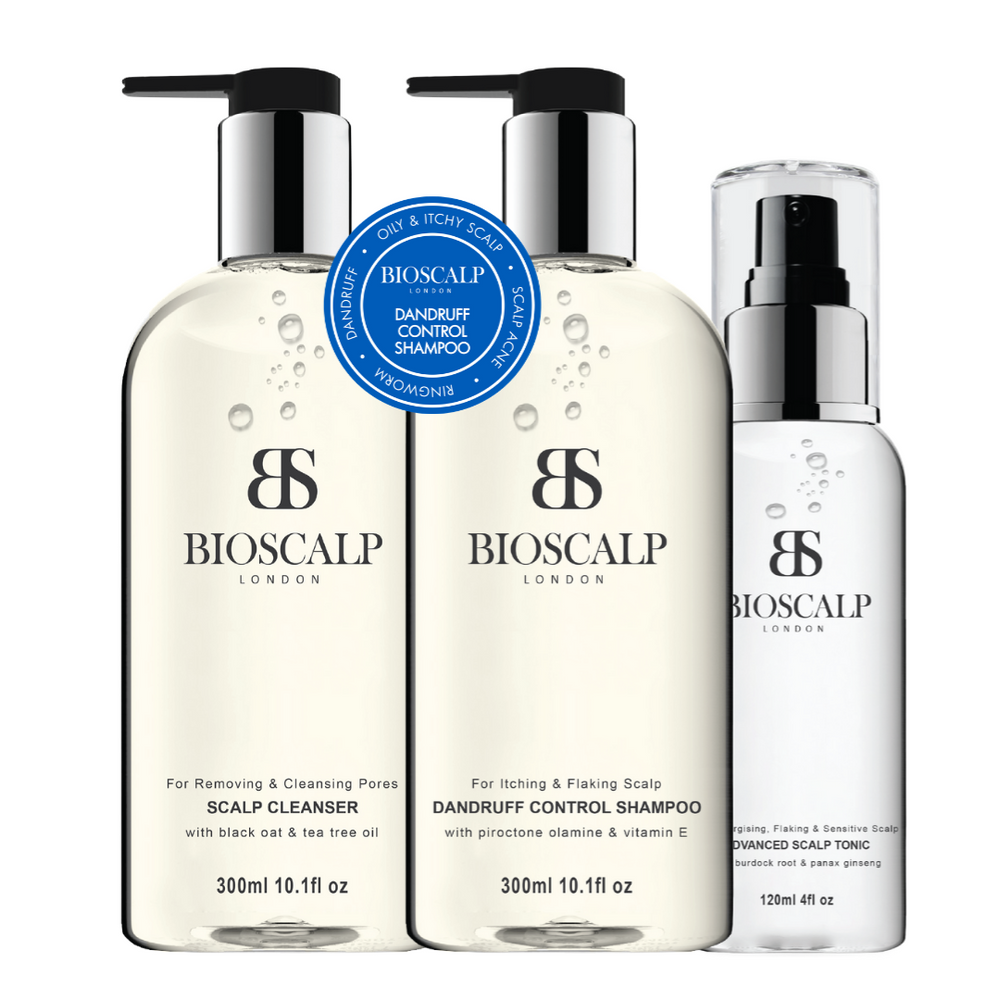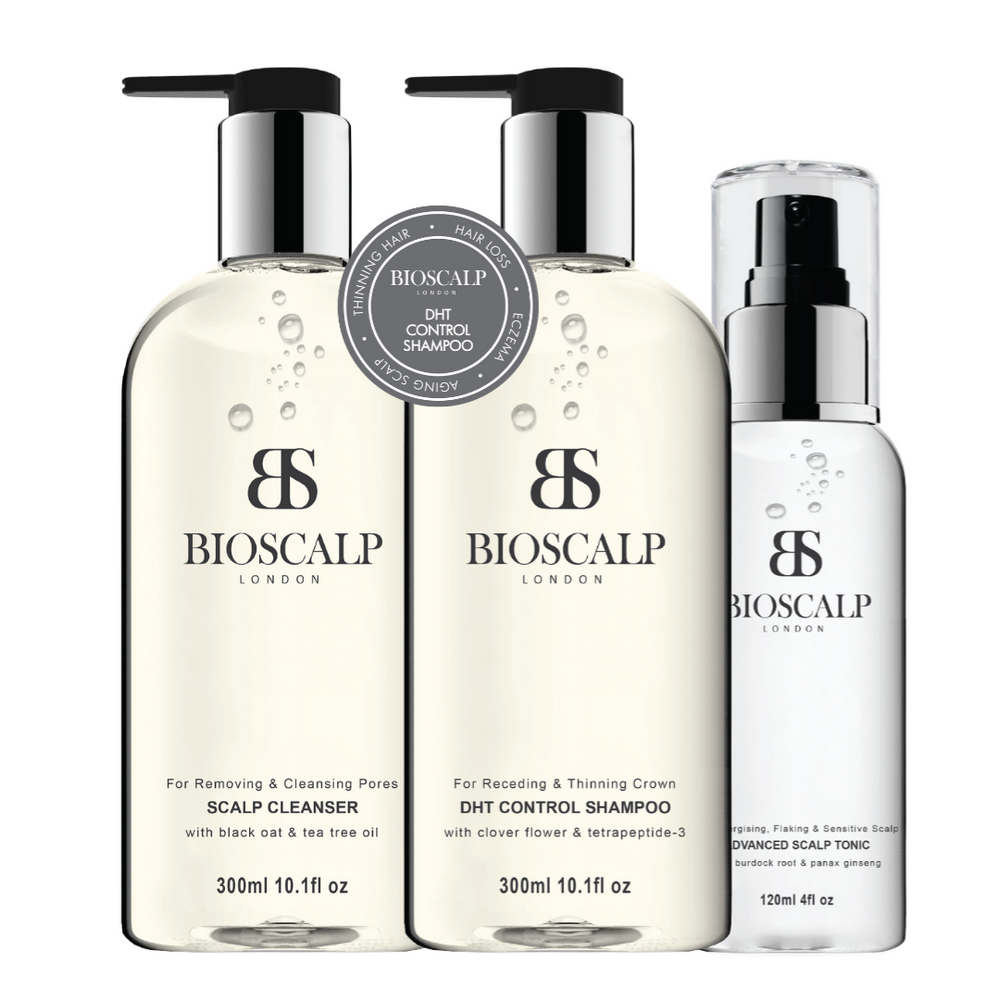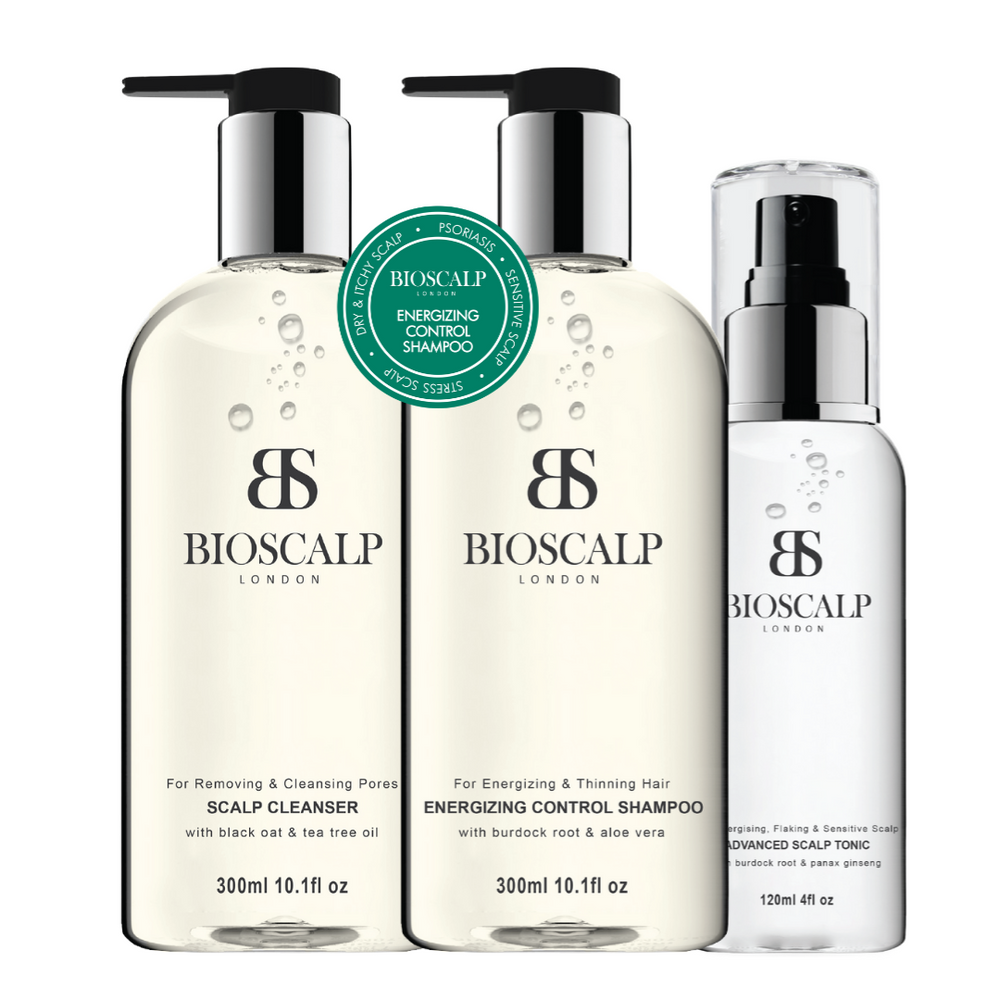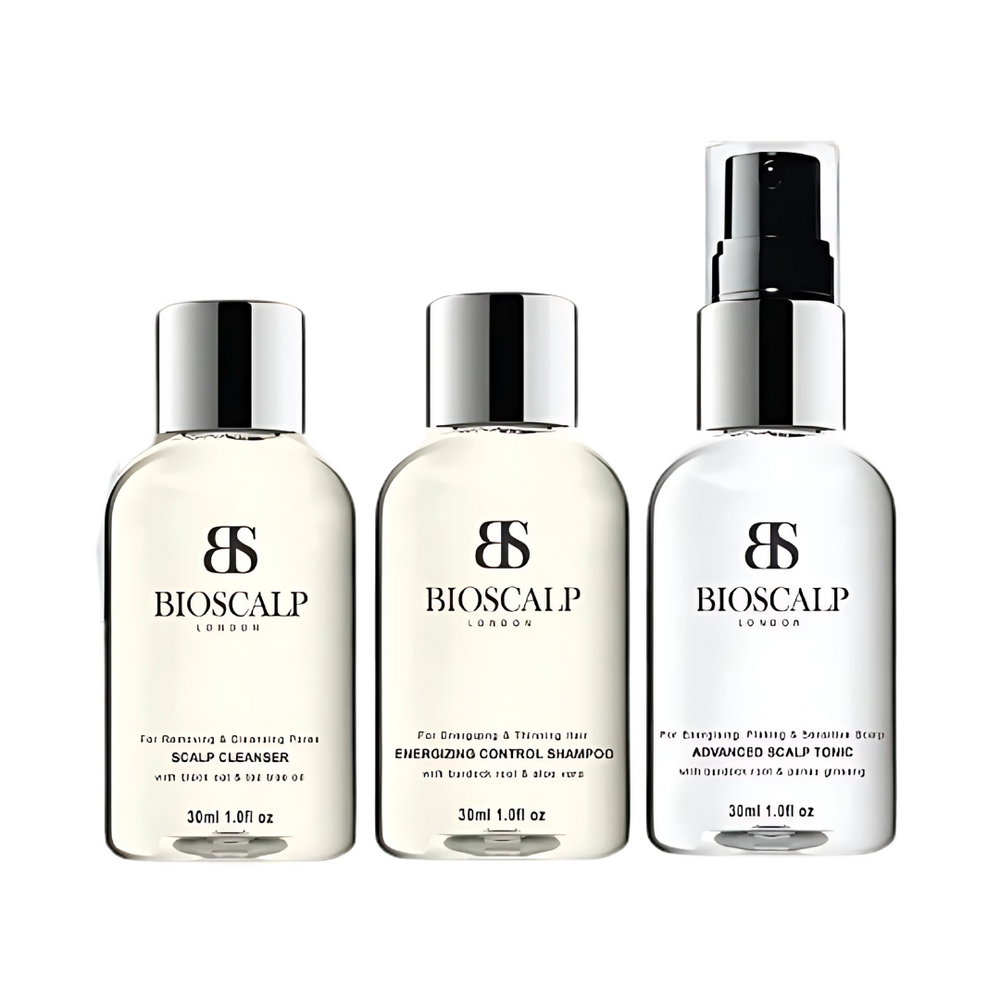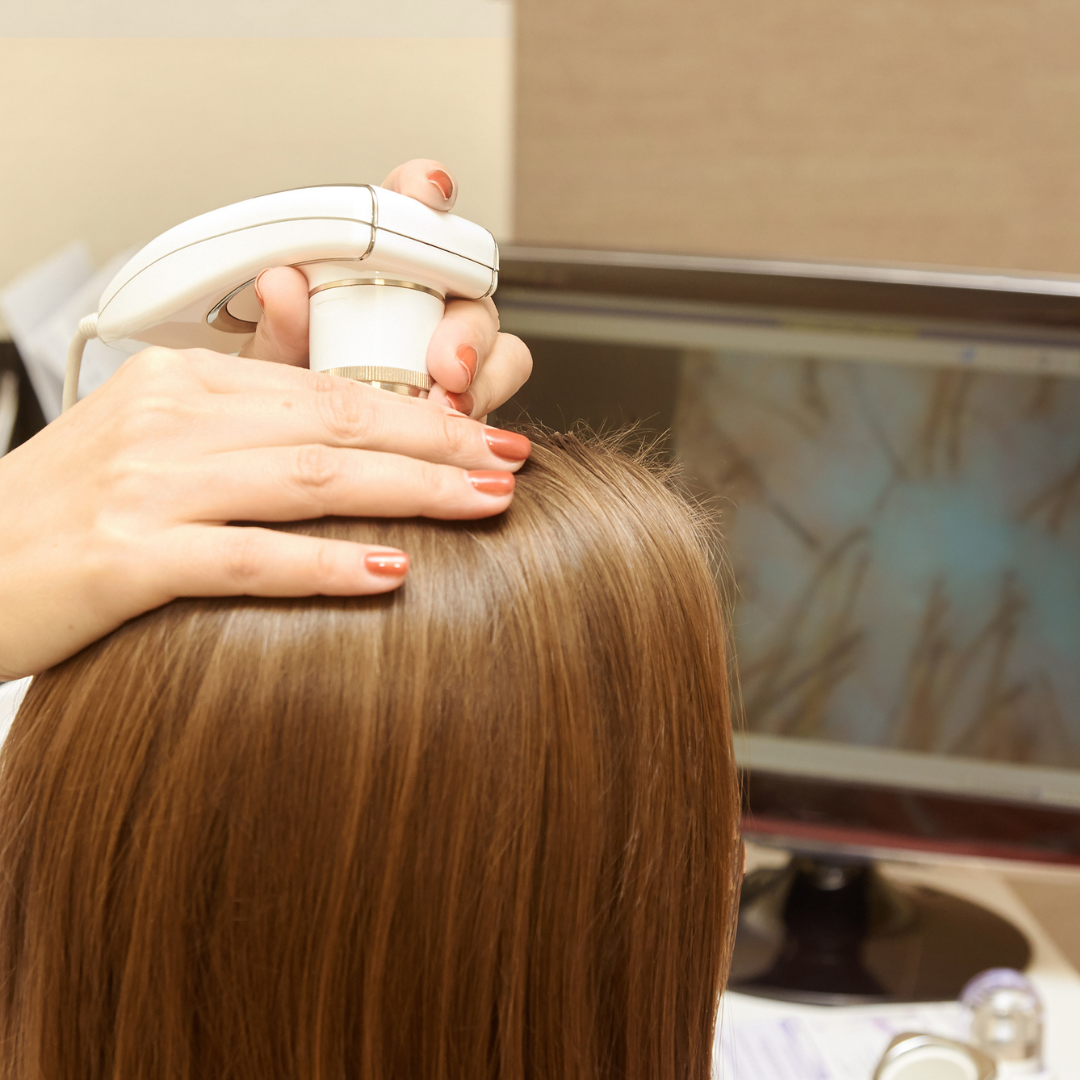An itchy scalp can be a frustrating and uncomfortable experience, and it’s something most people encounter at some point in their lives. Whether it’s a mild annoyance or a persistent problem, understanding what causes scalp itchiness is essential to finding relief. Here’s an in-depth look at the potential causes and remedies that can help soothe and treat this condition effectively.

Common Causes of an Itchy Scalp
Seborrheic Dermatitis (Dandruff)
Seborrheic dermatitis, commonly known as dandruff, is one of the most frequent reasons for an itchy scalp in adults. It occurs when the oil-secreting glands on the scalp become inflamed, leading to symptoms like itchiness, flaking, and redness. The overgrowth of a fungus called Malassezia is often associated with this condition, making it particularly bothersome during seasonal changes or in individuals with oily scalps.
Psoriasis
Psoriasis is a chronic autoimmune condition that can affect various parts of the body, including the scalp. It causes thick, scaly patches of skin, referred to as plaques, which can lead to intense itching. These plaques are often accompanied by flaking and inflammation, making psoriasis both a cosmetic and medical concern that requires specialized treatment.
Fungal Infections
Fungal infections, such as tinea capitis (scalp ringworm), can also result in a persistently itchy scalp. This condition causes circular, itchy rashes and, in severe cases, can lead to temporary hair loss. Similarly, the fungus Malassezia, which contributes to seborrheic dermatitis, can exacerbate scalp irritation and itchiness.
Allergic Reactions
Many people experience scalp irritation due to allergic reactions to hair care products. Contact dermatitis, a type of allergic reaction, can occur when shampoos, conditioners, dyes, or styling products contain harsh chemicals or allergens. Symptoms often include itching, redness, and sometimes swelling.
Parasitic Infestations
Parasitic infestations like head lice are another common cause of an itchy scalp. The intense itchiness stems from the lice feeding on blood and their saliva triggering an allergic reaction. Though less common, scabies, caused by mites, can also affect the scalp and result in itching.
Other Skin Conditions
Certain skin conditions, such as eczema (atopic dermatitis) and hives, can affect the scalp. Eczema often leads to dry, itchy patches, while hives appear as raised, itchy welts that can sometimes spread to the scalp.
Less Common Causes
In rare cases, an itchy scalp may result from nerve issues (neuropathy) or systemic conditions like diabetes or shingles. These conditions can affect the scalp's nerves, causing itching without visible signs. Scarring from hair loss or injuries can also damage the scalp’s nerves, leading to persistent itchiness. If the itch is severe and unexplained, a dermatologist’s evaluation is essential to rule out underlying health issues.
Effective Remedies for an Itchy Scalp
If you’re dealing with an itchy scalp, several home remedies can provide relief while addressing the underlying cause.

Apple Cider Vinegar
Apple cider vinegar is well-known for its antibacterial and anti-inflammatory properties, which can help soothe an itchy scalp. By balancing the scalp's pH, it reduces irritation and flakiness. To use, dilute apple cider vinegar with water and apply it as a rinse after shampooing.
Coconut Oil
Rich in lauric acid, coconut oil has moisturizing and antibacterial qualities that make it ideal for soothing an itchy scalp. Warming the oil before applying it to the scalp enhances its absorption, providing relief from dryness and irritation. Leave the oil on for about 20 minutes before rinsing it out.
Tea Tree Oil
Tea tree oil is a powerhouse remedy thanks to its antifungal and antiseptic properties. It’s especially effective for addressing fungal infections like dandruff. Add a few drops of tea tree oil to your regular shampoo or mix it with a carrier oil like coconut oil for direct application to the scalp. Some consumer shampoos now add tea tree oil into their formula too.
Peppermint Oil
The cooling sensation of peppermint oil can provide immediate relief from itching and irritation. Mixing a few drops with water or a carrier oil and gently massaging it into the scalp can calm inflammation and improve circulation.
Aloe Vera
Aloe vera is a natural hydrator that works wonders for soothing irritated skin. Applying fresh aloe vera gel to the scalp not only relieves itchiness but also helps moisturize and heal dry patches. Let the gel sit for 30 minutes before rinsing.
Colloidal Oatmeal
Colloidal oatmeal creates a protective barrier on the scalp, locking in moisture and reducing inflammation. It’s particularly effective for dry or sensitive scalps. Mix it into a paste or use it as part of a rinse for lasting relief.
Baking Soda
Baking soda is another simple yet effective remedy for itchy scalp. Its antifungal properties help calm irritation and reduce flakes. Mix it with water to form a paste and apply it gently to the affected areas.
Olive Oil
Olive oil can be used to soften and loosen itchy scales caused by conditions like psoriasis or severe dandruff. Warm the oil slightly before massaging it into the scalp and leave it on for several hours—or even overnight—for the best results.

When to See a Doctor
While home remedies can provide relief for mild cases, an itchy scalp that persists or worsens could signal an underlying medical issue. If your symptoms are severe, accompanied by hair loss, or resistant to treatment, consult a dermatologist. They can offer targeted solutions such as medicated shampoos, topical treatments, or other therapies.
Caring for your scalp not only alleviates discomfort but also contributes to healthier hair overall. Whether you choose a natural remedy or seek professional advice, taking action can make a significant difference in managing an itchy scalp.


